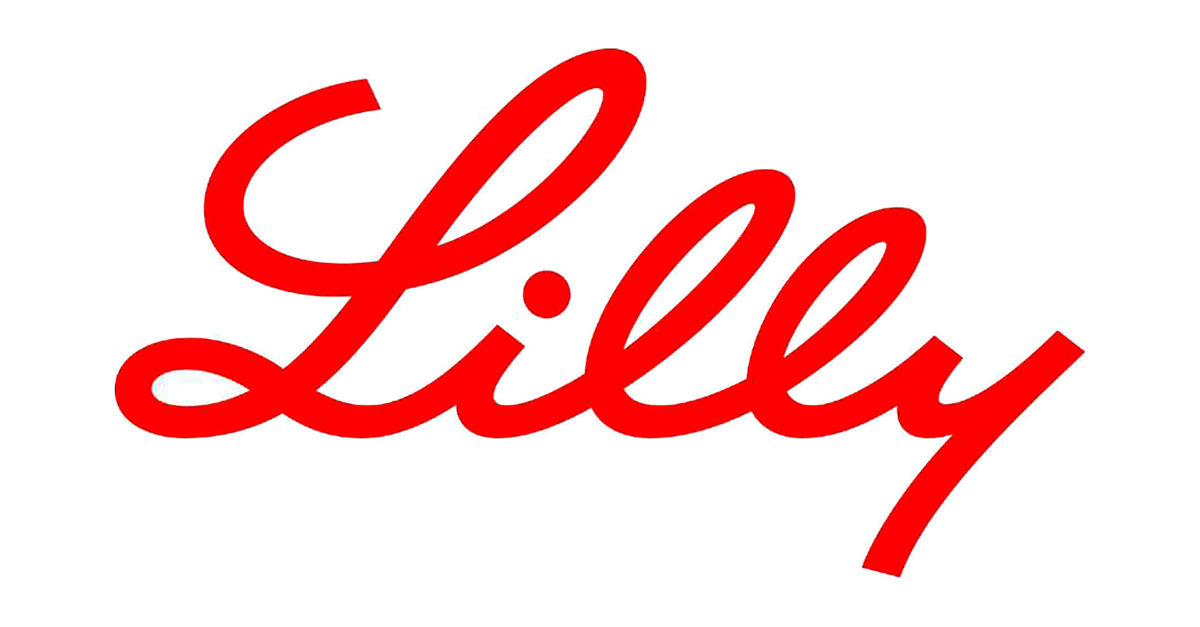
PPMD is excited to welcome Lilly back to the Duchenne space! With Lilly’s experience in Duchenne, we are thrilled to see their return to the field and look forward to learning more as this early gene editing research moves forward.
Read the Announcement from Lilly
Lilly and Precision BioSciences Announce Genome Editing Research Collaboration and License Agreement
Research collaboration using ARCUS genome editing technology will initially include three gene targets, with right to select three additional gene targets; lead program focused on Duchenne Muscular Dystrophy
Precision will receive $100 million cash upfront and an equity investment by Lilly of $35 million; Precision also eligible to receive potential milestones up to $420 million per product, as well as tiered royalties on sales of licensed products
Precision to host conference call today at 8:30 a.m. ET
INDIANAPOLIS, and DURHAM, N.C., Nov. 20, 2020 /PRNewswire/ — Eli Lilly and Company (NYSE: LLY) and Precision BioSciences, Inc. (Nasdaq: DTIL) today announced a research collaboration and exclusive license agreement to utilize Precision’s proprietary ARCUS® genome editing platform for the research and development of potential in vivo therapies for genetic disorders, with an initial focus on Duchenne muscular dystrophy (DMD) and two other undisclosed gene targets.
Genome editing technologies enable precise editing of the DNA of a living organism, opening up the possibility of correcting genetic problems at their source. ARCUS is a unique, proprietary, and versatile genome editing platform with attributes including specificity, ability to make a variety of efficient edits (knock-in, knock-out, and repair), and small size, thereby enabling a range of therapeutic editing. The platform is derived from a natural genome-editing enzyme called I-CreI, a homing endonuclease that can be optimized to control for potency and specificity.
Under the terms of the agreement, Precision will receive an upfront cash payment of $100 million, as well as an equity investment by Lilly of $35 million in Precision’s common stock. Precision is also eligible to receive up to $420 million in potential development and commercialization milestones per product, as well as tiered royalties ranging from the mid-single digits to low-teens on product sales should Lilly successfully commercialize a therapy from the collaboration. Precision will lead pre-clinical research and IND-enabling activities, with Lilly then assuming responsibility for clinical development and commercialization. Lilly will have the right to select up to three additional gene targets for this collaboration. Precision can co-fund clinical development of one product in exchange for an increased royalty rate on co-funded product sales.
“Gene-edited therapies are emerging as a promising approach to help patients afflicted with genetic conditions,” said Ruth Gimeno, Ph.D., vice president of diabetes and metabolic research at Lilly. “We look forward to working closely with Precision’s scientific team and leveraging their platform to develop and deliver breakthrough medicines for untreated genetic disorders.”
“This collaboration with Precision BioSciences represents another milestone in the realization of our vision to create medicines with transformational potential, using new therapeutic modalities such as gene editing to tackle targets and indications which were previously undruggable,” added Andrew Adams, Ph.D., vice president of new therapeutic modalities at Lilly.
“We look forward to working with Lilly to leverage our deep understanding of in vivo gene editing and experience with ARCUS to develop new therapies, including a potentially transformative treatment for Duchenne muscular dystrophy,” said Derek Jantz, chief scientific officer and co-founder of Precision BioSciences. “Collaborating with Lilly, a global healthcare leader with strong clinical and commercial experience in difficult-to-treat diseases, will help us accelerate our work aimed to solve genetic diseases with unique editing challenges.”
This transaction is subject to clearance under the Hart-Scott-Rodino (HSR) Antitrust Improvements Act and other customary closing conditions. This transaction will be reflected in Lilly’s reported results and financial guidance according to Generally Accepted Accounting Principles (GAAP). There will be no change to Lilly’s 2020 non-GAAP earnings per share guidance as a result of this transaction.



 by: Parent Project Muscular Dystrophy
by: Parent Project Muscular Dystrophy

